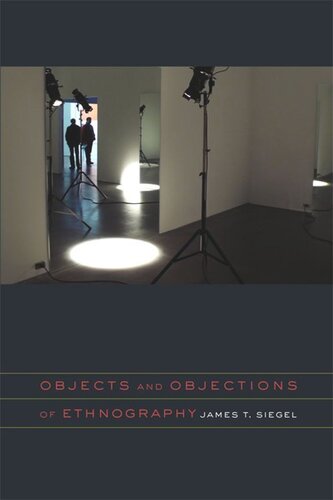

Most ebook files are in PDF format, so you can easily read them using various software such as Foxit Reader or directly on the Google Chrome browser.
Some ebook files are released by publishers in other formats such as .awz, .mobi, .epub, .fb2, etc. You may need to install specific software to read these formats on mobile/PC, such as Calibre.
Please read the tutorial at this link: https://ebookbell.com/faq
We offer FREE conversion to the popular formats you request; however, this may take some time. Therefore, right after payment, please email us, and we will try to provide the service as quickly as possible.
For some exceptional file formats or broken links (if any), please refrain from opening any disputes. Instead, email us first, and we will try to assist within a maximum of 6 hours.
EbookBell Team

5.0
100 reviewsThe essays in this volume, in all their astonishing richness and diversity, focus on the question of the “other.” Brimming with whole flotillas of new ideas, they delineate subtle and various ways in which that question can be made the basis of an ethnographic project. In them, the author responds to the invitations extended by a specific location rather than pursuing a codified method. And they examine many different socialities in many different locations—among them the Cornell University campus in the late seventies, the former Musée de l’Homme and the Quai Branly Museum in Paris, the Indonesian province of Aceh in the wake of the tsunami of 2004, and contemporary Indonesia, in the liminal figures of the Jew and the Chinese. The author meticulously traces how the social and cultural responses in each location are astonishingly different—in the form, say, of gorges, faces, garbage, and fetishes. Regrettably, these days anthropologists have a tendency to look for similarities rather than differences, to show how one phenomenon is “just like” another. This book stands determinedly against this trend, both in its ethnographic examinations and in how it takes up such figures as Kant, Derrida, Bataille, Simmel, and Leiris so as to illuminate not only the objects of ethnography but also differences among the perspectives these thinkers represent. This book will put the methods and objects of anthropology in an entirely new light. In addition, it will speak to the concerns of historians, political scientists, and scholars of area studies, literature, and art.